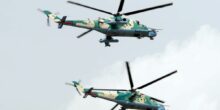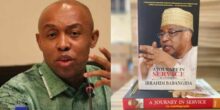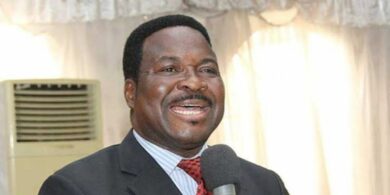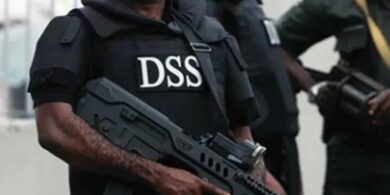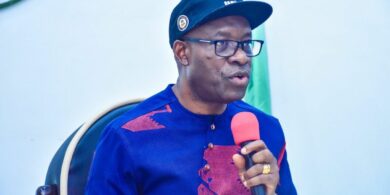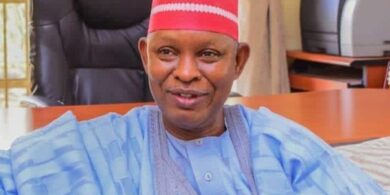Obasanjo, TY Danjuma turned down offer to lead after Murtala’s death – IBB
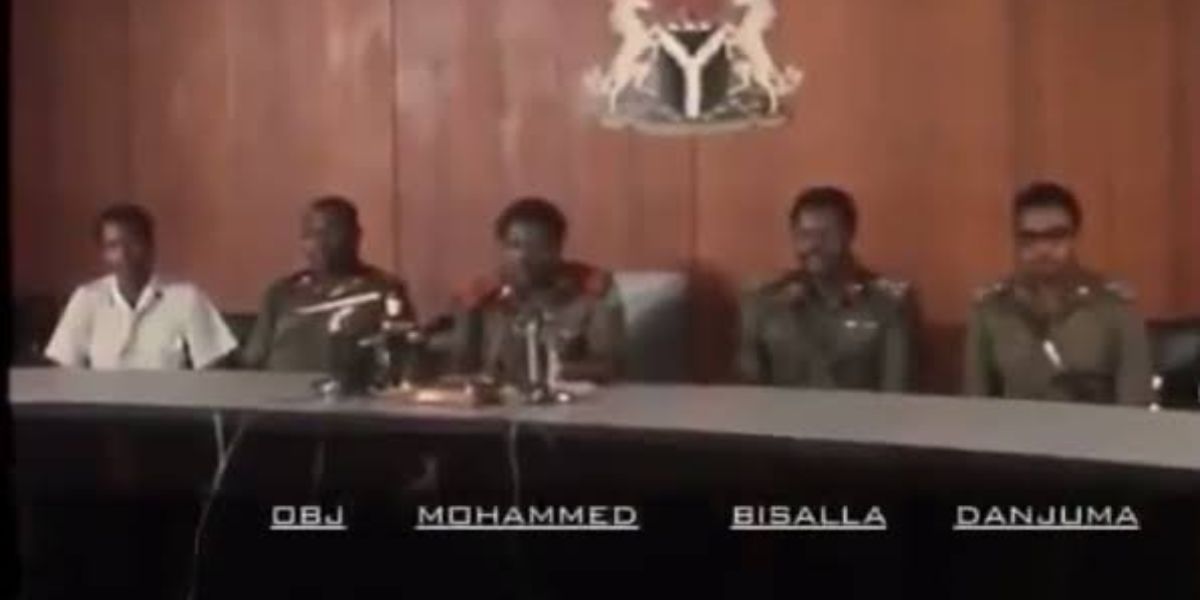
Former Military President Ibrahim Badamasi Babangida has disclosed that former President Olusegun Obasanjo initially chose to retire from the Army rather than assume leadership after Murtala Muhammed’s assassination during the failed 1976 coup.
According to Babangida’s autobiography, A Journey in Service, the Supreme Military Council (SMC) convened a day after Lieutenant-Colonel Bukar Dimka led a mutiny that resulted in Murtala’s death.
The council deliberated on selecting a successor, with the focus on the two most senior officers at the time—Lieutenant-Generals Obasanjo and Theophilus Danjuma.
While Danjuma was the preferred choice, he declined the position and instead nominated Obasanjo, who had been Murtala’s deputy, to take over.
“The next day, the SMC met in Lagos to pick a successor to General Muhammed. We knew it would be either General Obasanjo or General Danjuma since, as Lieutenant-Generals, they were the most senior. As I recall, the pendulum swung in favour of General Danjuma at the start of the deliberations. Everyone present, including Obasanjo, thought Danjuma should take over.
“But somehow, Danjuma cast his lot with Obasanjo, insisting that as Muhammed’s deputy and a ‘senior’ Lieutenant-General, Obasanjo should succeed Murtala Muhammed. Obasanjo refused and offered, if I recall accurately, to retire from the Army to enable Danjuma to emerge as Head of State. There appeared to be a momentary stalemate. But that soon faded away. Faced with the insistence of Danjuma, everyone caved in, and Obasanjo accepted the challenge to succeed Murtala.”
Once Obasanjo was confirmed as Head of State, the focus shifted to selecting a Deputy and Chief of Staff (Supreme Headquarters). Babangida noted that while the issue was not formally presented to the SMC, General Danjuma, who remained Chief of Army Staff, ultimately decided on Lieutenant-Colonel Shehu Musa Yar’Adua. Yar’Adua was promptly promoted to Brigadier and later Major-General.
Babangida also detailed his direct involvement in quelling the coup attempt, particularly in disarming Dimka and his fellow mutineers at the Radio House. He recalled how, after initially confronting Dimka, he returned with reinforcements, including Chris Ugokwe, Mike Otuwa, James Ojokojo, John Shagaya, and Jack Iketubosin.
“Meanwhile, I returned to General Danjuma to give him a report of my encounter with Dimka. Danjuma was furious. He ordered me back to the Radio House with a reiteration of his earlier instructions to ‘flush Dimka out of place immediately.’
“I returned to Radio House with Chris Ugokwe, better equipped and prepared. By now, we had been joined by, among others, Mike Otuwa, James Ojokojo, John Shagaya, and Jack Iketubosin
“But first, I had to reach out to my friend and classmate, Sani Sami, who commanded the Brigade of Guards, to handle a difficult assignment. The Brigade of Guards’ barracks provided easy access to the Radio House. But again, I had to be careful since I wasn’t sure whether the Brigade was still loyal to the government.
“Sani Sami and I consulted and agreed that there should be minimum destruction. And that we would do what we were taught as cadets in situations involving a civilian population to ensure that civilians got out of the way and didn’t get injured.
“Once that was done, we moved in, cordoned off the area and engaged the mutineers in a gun battle. There were casualties in the ensuing armed confrontation, including Dimka’s ADC, 2nd Lt Garba. Also, one of the other vital plotters, Major Ibrahim Rabo, was arrested by Major Yomi Williams as he tried to escape and was promptly taken to the Bonny Camp for interrogation. But, somehow, Dimka, quite inexplicably to this day, managed to escape from the scene unharmed.”
